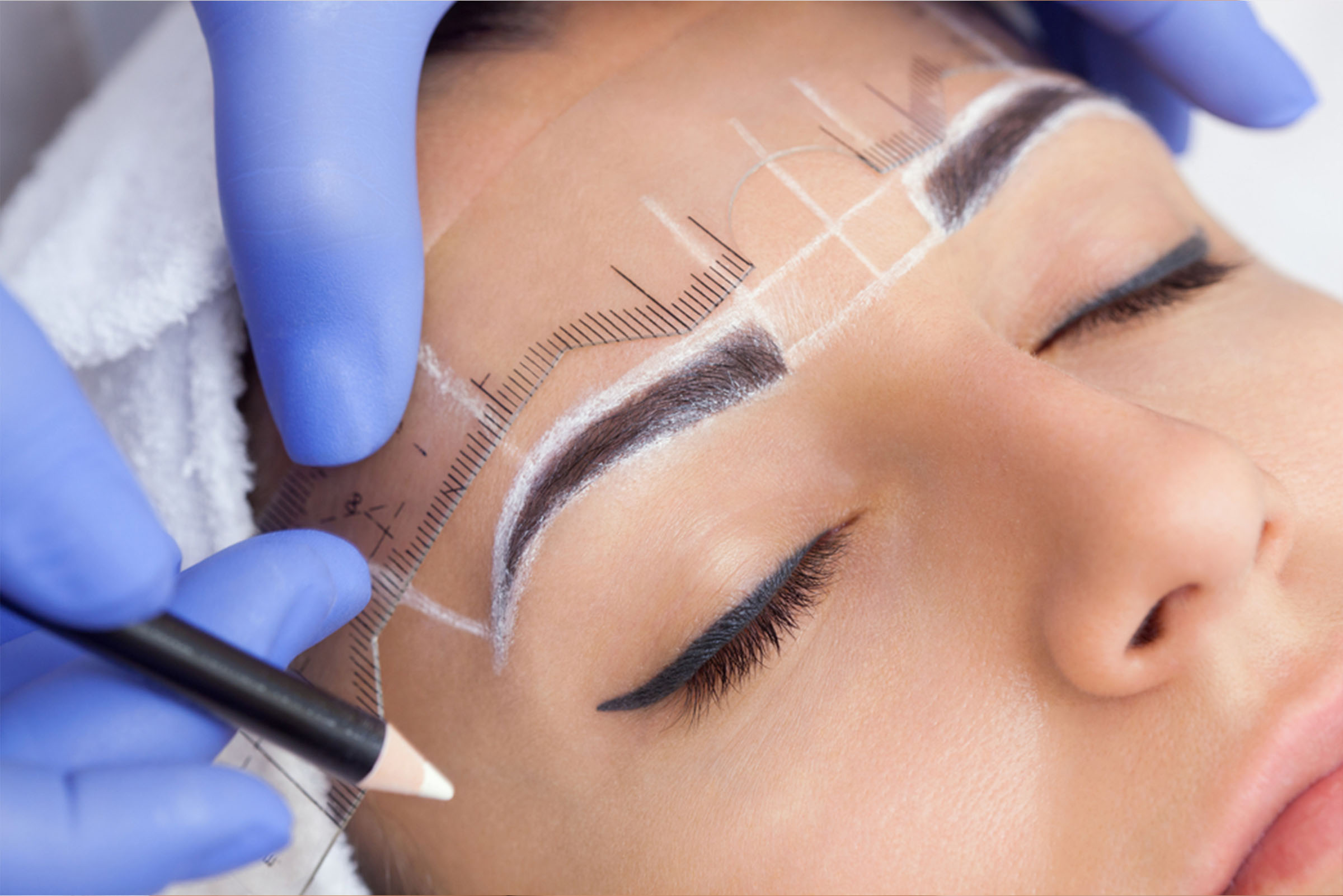

What is Eyebrow Transplantation?
Eyebrow transplantation is a cosmetic surgery procedure performed for people with sparse eyebrows or no eyebrows at all. This procedure is performed by transplanting hair follicles.
Who Should Have an Eyebrow Transplantation?
Eyebrow transplantation can be performed by anyone who has sparse eyebrows, no eyebrows at all, scars, burns or does not have eyebrows due to congenital deformations. However, before having this procedure, it is recommended to consult a dermatologist and review your health status.
How is Eyebrow Transplantation Performed?
Eyebrow transplantation can be done with several different techniques. The FUE method, FUT method and DHI method are the most commonly used techniques. The FUE method is performed by removing and transplanting one by one hair follicles. The FUT method is performed by removing the scalp as a strip and transplanting the hair follicles. The DHI method, on the other hand, is performed by removing the hair follicles one by one and transplanting them using a special pen.
Eyebrow Transplantation Prices
Eyebrow transplantation prices may vary depending on the person’s needs, the method to be applied and the doctor’s experiences. However, it is usually more affordable than other plastic surgery procedures.
What are the Things To Consider Before and After Eyebrow Transplantation?
Eyebrow transplantation is a cosmetic surgery procedure performed for people with sparse eyebrows or no eyebrows at all. This procedure is performed by transplanting hair follicles. However, there are some important points to consider before and after having an eyebrow transplantation.
Things to Consider Before Eyebrow Transplantation
- Consult a Dermatologist: Before eyebrow transplantation, it is important to consult a dermatologist. Your dermatologist can determine whether you are suitable for eyebrow transplantation by checking your skin and hair health.
- Stop Taking Blood Thinners: For a few days before eyebrow transplantation, you should stop all medications including aspirin, ibuprofen and other blood thinners. These medications can increase the risk of bleeding and therefore cause complications during eyebrow transplantation.
- Reduce Smoking and Alcohol Consumption: Smoking and alcohol consumption can slow down the healing process during eyebrow transplantation and increase the risk of infection. It is important to reduce smoking and alcohol consumption before eyebrow transplantation.
- Pay Attention to Your Diet: A healthy diet can help speed up the healing process before and after eyebrow transplantation. Especially consuming foods rich in vitamin C can help reduce inflammation during the healing process.
Things to Consider After Eyebrow Transplantation
- Do Not Touch the Eyebrow Area: After eyebrow transplantation, it is important to avoid touching the eyebrow area. This helps the transplanted hair follicles stay in place and reduces the risk of infection.
- Follow the Healing Process: After eyebrow transplantation, swelling and bruises may occur on the scalp. For this reason, it is necessary to avoid sports, sauna, public bath, sea and pool, and not to wear hats or similar clothes that touch the head for a while.

